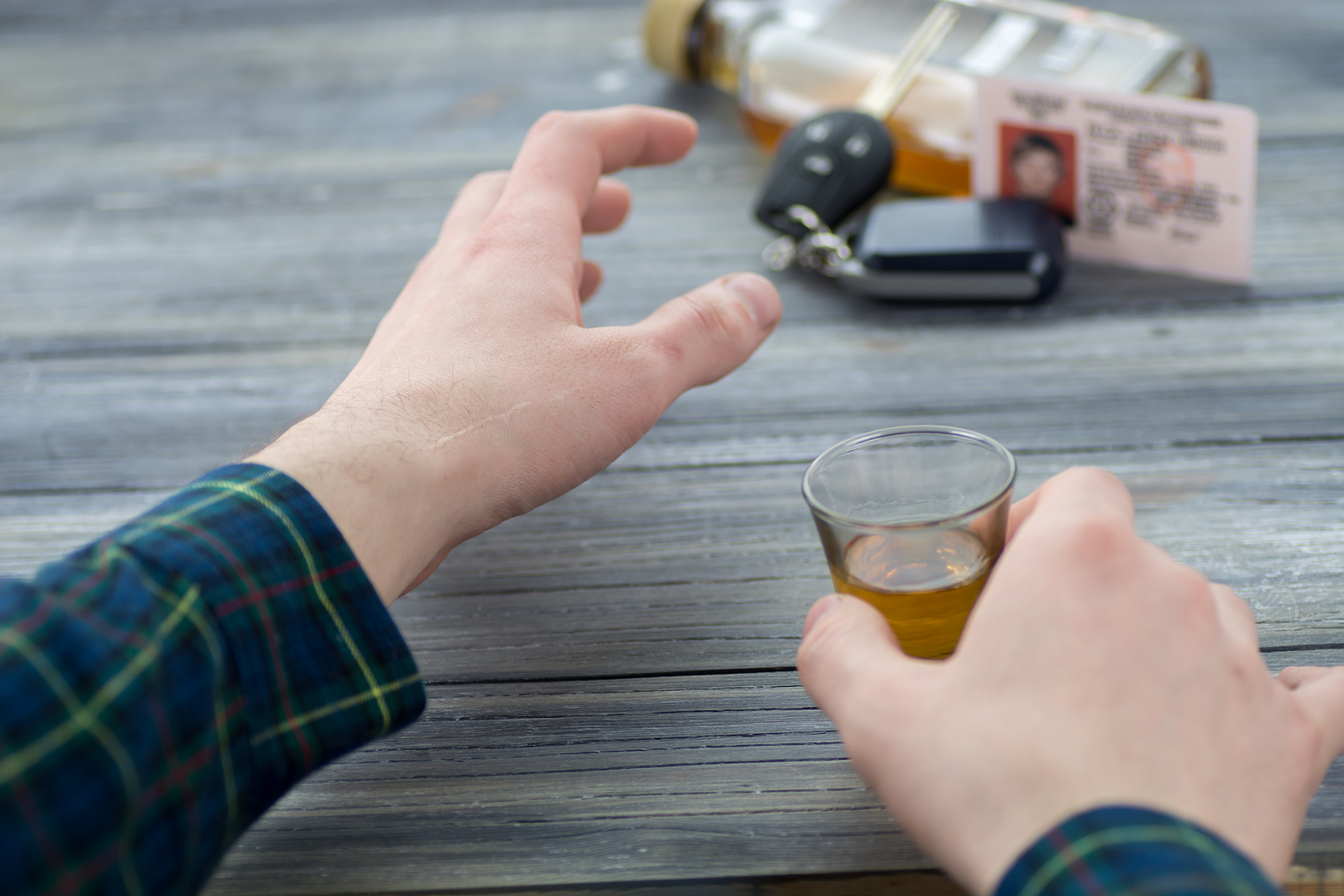Understanding What a Hardship License Is in Kansas and Why It’s Important to Check the Status
Having your license suspended can make it difficult to get through daily life. You can’t drive to work or school, run up to the grocery store, or go to the coffee shop with friends without needing to ask someone for a ride. It can be hard to give up your independence, but there may be a way to get your driving privileges back. A hardship license can help you get back to your normal activities, but it’s not always easy to obtain. Learning how a hardship license works, including the requirements and whether it’s possible to obtain one with certain charges, such as felony DUIs, can help you understand if this is an option for you.
What Is a Hardship License?
A hardship license is more commonly known as a limited restricted license. Drivers who have had their licenses suspended can apply for a limited restricted license to be able to legally drive a vehicle for specific reasons. These are usually limited to driving to and from work, going to school, or attending drug or alcohol treatment. To apply for this restricted license, you usually still have to serve at least a portion of your license suspension.

If you lost your license because of a DUI conviction, you will also be required to have an ignition interlock device on your car. Every time you go to drive your car, you will need to blow into the device like you would a Breathalyzer test. Only after the device registers an acceptable blood alcohol content level (less than 0.04) are you able to start the car.
How Do You Apply for a Hardship License?
To apply for a limited restricted license, you must first complete any mandatory license suspension period. If your license was suspended after a DUI where you failed a breath test, you must serve at least 45 days of your license suspension. If you refused the breath test completely, you must serve 90 days of your suspension.
Once you have completed this time, you can apply for a limited restricted license by filling out form DC-1015 with the local Department of Motor Vehicles. This form is the application to modify a driver’s license suspension. You must also have an ignition interlock device installed on your vehicle before you can get your driving privileges reinstated. You will need form DC-1015 and the paperwork from the ignition interlock installation to get your restricted license.
Can a Request for a Hardship License Be Denied?
It’s important to note that a hardship license is a convenience and not a right. You are not automatically awarded a restricted license after serving part of your suspension, and you are not guaranteed to be approved when you apply. In fact, there are several reasons that your applications may be denied.
If you have failed to appear in court for a traffic citation and this is listed on your record, you could be denied a restricted license. You can also be denied if you were ever convicted of not carrying car insurance. Drivers with a conviction for driving with a suspended license or reckless driving are also likely to be denied. If this is not your first DUI or license suspension and you have been deemed a habitual violator by the courts, your application may be denied.

Keep in mind that nondriving-related legal issues can also make it harder for you to get a restricted license. For example, drivers who are not up to date with their child support payments may be denied.
How Do You Check Your License Status?
Knowing the status of your license is the first step in finding out if you can apply for a restricted license. Only those with suspended licenses can apply for a restricted license, so knowing that your license is revoked or canceled instead of suspended can help you know what your options are and what paperwork to file.
The Kansas Department of Revenue has a website that lets you check your license status easily online. All you need is your driver’s license number, your first and last name, and your date of birth. Once you enter this information and click the “Check Status” button, you will be able to see what the current status of your license is.
How Do You Get a Driver’s License Back?
To get your driver’s license back after a suspension or revocation, you need to follow the procedures set forth by the state of Kansas. This will vary depending on why your license was taken away and whether you are eligible for reinstatement at any point. If your license was permanently revoked, there may be nothing you can do to get your driving privileges reinstated. In other situations, you may just need to wait out your suspension period, or you may need to go through the process of getting your license again as if you were a new driver.

If you’re not sure whether you may be able to get a restricted license or what to do once your suspension period is over, an attorney can help. At Barnds Law LLC, we know how difficult it is to try to navigate modern society without being able to independently operate a car. We’re here to help you understand whether a restricted license may be an option in your case and how to start the process. Call our office at 913-514-0909 to find out more.






